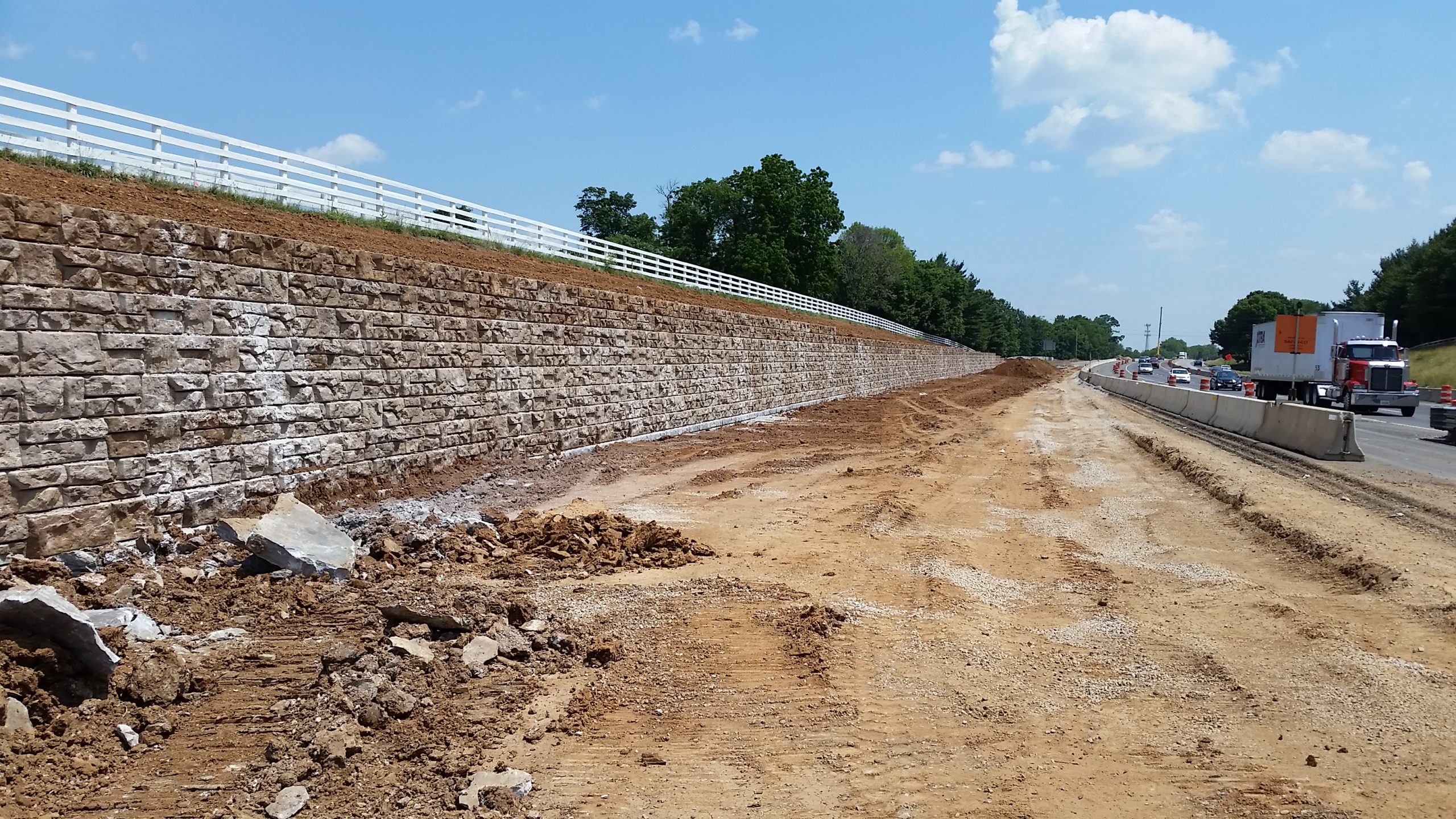Geotechnical engineering encompasses the acquisition, interpretation, and application of the knowledge of materials of the earth’s crust to solve civil engineering problems. It draws on knowledge from the fields of soil mechanics, rock mechanics, engineering geology, geophysics, and other related sciences. Within KYTC, the Geotechnical Branches are responsible for all functions related to geotechnical engineering (except for research) required for planning, design, construction, and maintenance of KYTC’s roads and bridges. The Geotechnical Branches are located withing the Division of Structural Design and consist of the Geotechnical Services, Geotechnical Support and Review, and Engineering Geology and Field Services Branches. These branches are also responsible for managing consultant contracts for drilling, laboratory, and engineering services.
A geotechnical investigation can contain any of the following activities:
-
Review of existing information such as old plans, geologic maps, and previous reports
-
Site inspections
-
Subsurface investigations
-
Laboratory testing
-
Engineering analysis
-
Reporting
A geotechnical investigation provides information that leads to an optimal project design that balances cost and risk. An investigation directly influences the development, contract documents, construction processes, and long-term performance of a project so that the facility can operate in a safe, reliable, economical, and efficient manner.
Geotechnical Articles:
(Click below to navigate to each article)


